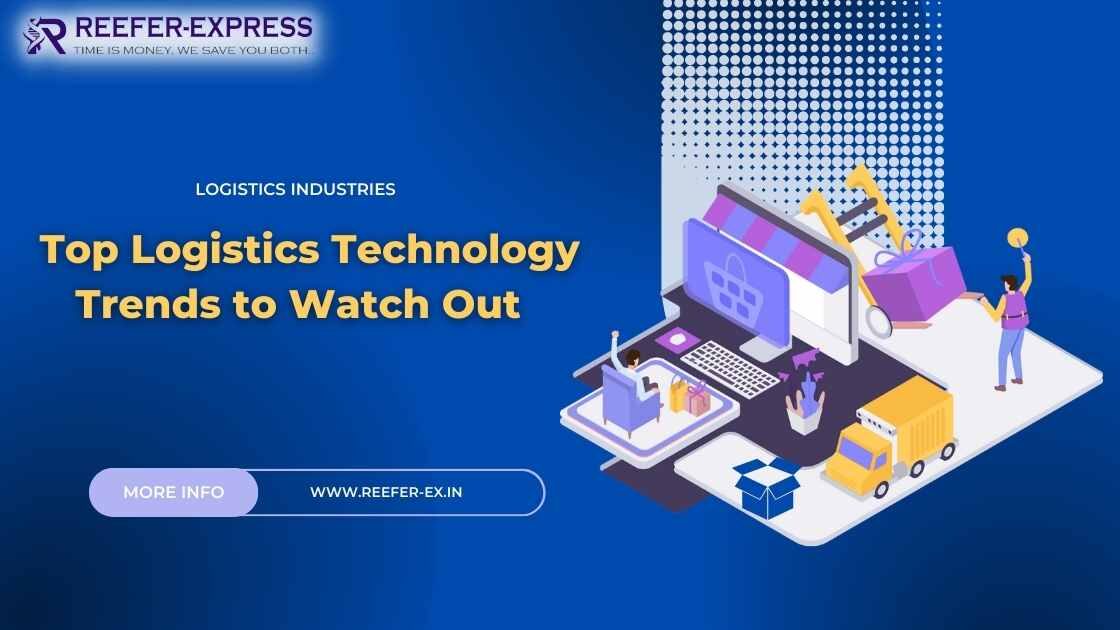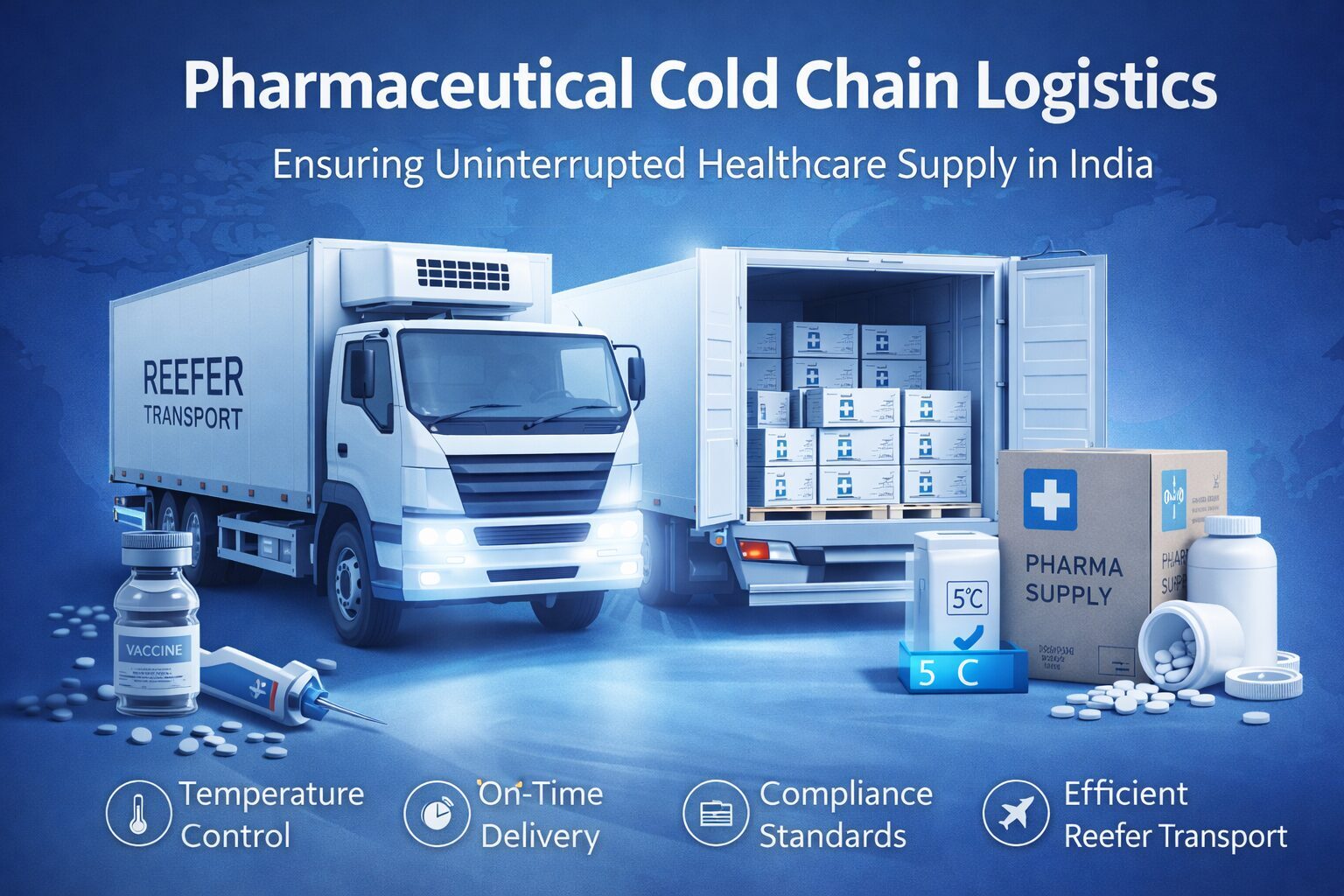The logistics industry has been adapting to the digital transformation that’s happening across all industries. From B2B delivery operations and last mile software, carriers are finding new ways of providing efficient services for both business-to-consumer (B2C) companies as well as shippers who want their shipments delivered efficiently with tracking capabilities available 24/7 online via Google Maps or the Waze app; there is no end in sight when it comes down this fast-paced field!
Why Does Logistics Technology Matter?
Technology within the logistics industry has boomed in recent years, as companies want to move away from the traditional methods of manual data entry and tracking. This is in order to improve their bottom line by reducing costs and making their operations more efficient. Many businesses have found that technology can help them do just that! The goal for most companies is to use technology in a way that will automate their processes and make their lives easier. Pharma companies are a great example of an industry that has to be very precise with their shipments, and they have started to use technology like blockchain, refrigerated shipping containers, and GPS tracking to make sure that their products are delivered on time in perfect condition.
What’s Next for Logistics Technology?
As we move into 2022 and beyond, there are a few key logistics technology trends that we think you should keep an eye on:
1. Big data and analytics
Big data and analytics will continue to play a big role in the logistics industry. Companies will use data to track shipments, optimize routes, and predict customer behavior.
2. The Internet of Things
The Internet of Things (IoT) is a network of physical devices that are connected to the internet. This technology can be used to track shipments and monitor warehouse inventory.
3. Automation
Automation will become more common in the logistics industry. This includes robots and drones that can handle tasks such as picking orders and delivering packages.
4. Blockchain
Blockchain is a distributed database that can be used to track shipments and store data securely. This technology has the potential to streamline the logistics process and make it more transparent.
5. Virtual reality
Virtual reality (VR) can be used for training purposes and to simulate different scenarios. For example, VR can be used to train workers on how to operate a forklift or to plan out a warehouse layout.
6. 3D printing
3D printing can be used to create custom packaging and parts on-demand. This technology can be used to reduce lead times and improve flexibility.
Cold Chain Technologies For Logistics
Cold chain logistics is the process of transporting temperature-sensitive products. This industry is constantly evolving, and new technologies are being developed to improve the efficiency of cold chain transportation.
Here are some of the latest trends in cold chain technology for logistics:
1. Wireless temperature monitoring
Wireless temperature monitoring systems are becoming more common in the logistics industry. These systems use sensors to track the temperature of shipments and send alerts if there is a problem.
2. Active packaging
Active packaging is a type of packaging that uses materials that can actively control the environment around a product. This can include things like temperature-controlled packaging and oxygen absorption packets.
3. Liquid nitrogen freezing
Liquid nitrogen freezing is a new technology that is being used to ship temperature-sensitive products. This method uses liquid nitrogen to cool products to -196 degrees Celsius.
4. Smarter reefers
Smarter reefers are refrigerated containers that are equipped with sensors and tracking devices. This helps companies to monitor the condition of their shipments and make sure that they stay cold.
5. Real-Time Supply Chain Visibility
As you can see, there are many new and exciting technologies that are being developed for the logistics industry. These trends will help to improve the efficiency of logistics operations and make it easier for companies to transport their products.
6. All-Electric and Hybrid Refrigeration Units
Electric and hybrid refrigeration units are becoming more popular in the logistics industry. These units are more energy-efficient than traditional diesel-powered reefers. Electric units have fewer emissions and are quieter than diesel reefers. Hybrid units can run on both electric power and diesel, which makes them more versatile.
7. Radio Frequency Identification (RFID)
RFID is a technology that uses radio waves to identify and track objects. This technology is often used in logistics to track shipments and monitor inventory.






